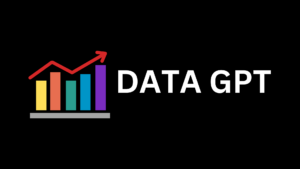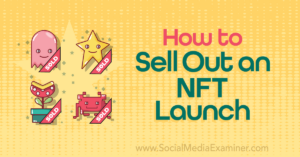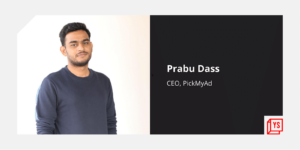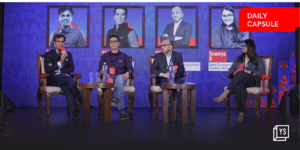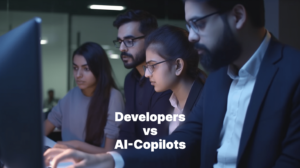The Bangalore K-Community is a forum of professionals in knowledge management (KM) and organisational learning. Their recent virtual meetup was hosted by Dr Molly Chaudhuri, Director at Manel Srinivas Nayak Institute of Management.
The convergence of human, social and machine intelligence opens up exciting frontiers in knowledge work. As moderator, here are my take clusters of takeaways from this wide-ranging and informative discussion.
Seven experts addressed emerging trends and career prospects in knowledge work, ranging from organisational roles to industry collaboration. Insights and tips were shared for digital platform strategies, as well as the full spectrum of roles from entry and mid-level to senior positions and beyond.
As media partner for the annual CII Global Knowledge Summit, see also YourStory’s coverage of the editions from 2022, 2021, 2020 and 2019. Check out our session takeaways from the earlier Bangalore K-Community meetups on The Digital Edge, Metrics, Case Studies (HGS, Unisys) and Work From Home.
See also our profiles of the Most Innovative Knowledge Enterprise (MIKE) award winners: Dubai Municipality, EY, Tata Steel, Cognizant Technology Solutions, Afcons Infrastructure, Petroleum Development Oman, BINUS University (Indonesia), and Mobarakeh Steel Company (Iran).
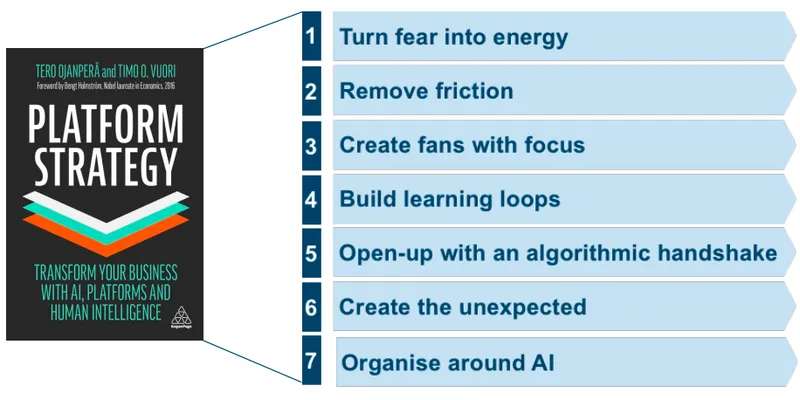
Platforms and inter-organisational knowledge strategy
The emergence of B2C and B2B digital platforms from Big Tech firms and startups calls for dramatically different strategies for traditional business leaders. They need to architect new business models, orchestrate an ecosystem of partners, and co-create knowledge with multiple players.
This causes a number of cultural challenges for business heads and knowledge leaders. While some companies have succeeded in this space, others have struggled or even failed in this business model transformation.
A seven-step framework for the platform approach was presented by Tero Ojanperä and Timo O Vuori, authors of Platform Strategy: Transform Your Business with AI, Platforms and Human Intelligence (see my book review here).
They showed how companies such as Apple, Amazon, KONE, Hilti, and John Deere have leveraged platforms to create value from data and ecosystem partners.
The cultural challenge for traditional companies is to move from hierarchical control to a collaborative mindset, the authors explained. Business leaders need to define and get alignment on the shared purpose of the ecosystem, and build emotional connections with the partners as well.
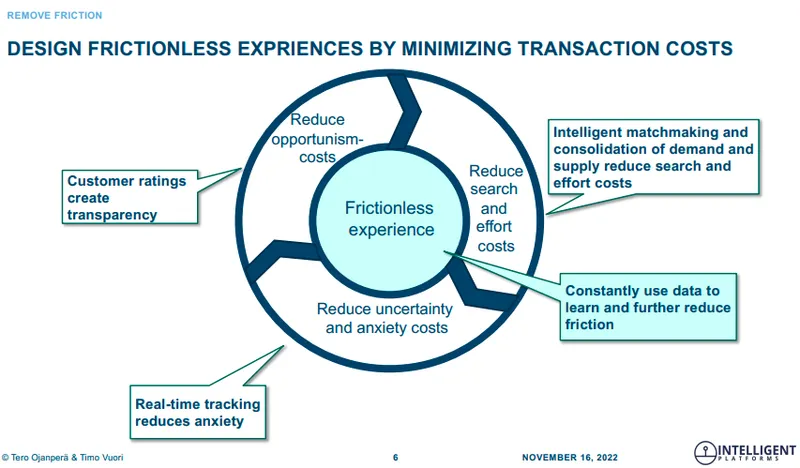
Careers in knowledge work
The formal practice of KM is around three decades old, with multi-disciplinary threads encompassing digital content, collaboration, conversations, process design, community management, L&D, leadership mandates, and others. Each of these offer different entry points into knowledge work, with multiple career trajectories.
Five speakers shared experiences and perspectives on knowledge work: Ved Prakash, CKO, Trianz; Pankaj Sharma, KM Specialist, Afcons; Randhir Pushpa, Founder, Acies Innovations; Shafnas Siddiq, Head of People Strategy and Excellence, Borouge; and Shyamala Swaminathan, Associate Director, KM Team Lead, EY.
Entry-level jobs in knowledge work include content analyst, curator, knowledge engineer, community manager, change agent, platform developer, data analyst, and knowledge-base administrator. Backgrounds in IT, communication, training, management, and the humanities help here.
People skills, in addition to technical proficiency, are valuable for collaborative knowledge work. Such roles would be in different parts of the organisation depending on where KM sits, eg. engineering excellence, quality, HR, L&D.
Mid-career roles can involve moving to another aspect of knowledge work (eg from content to community; analyst to consultant; information manager to information architect), geography (local to regional or global), or seniority (process expert to domain head). This depends on whether one’s passion is to deepen or broaden expertise.
Creative paths can lie in adding new kinds of explicit knowledge from tacit knowledge, eg. launching podcasts. There are also options to move from tactical to strategic roles, and prove how KM adds business value, eg. knowledge auditor, knowledge festival organiser.

The pinnacle of a knowledge career can be in taking on the role of a CKO (Chief Knowledge Officer), CIO (Chief Innovation Officer), head of GCC (global capability centre), or other C-Suite positions. Another option is to merge this role with a CDO (Chief Digital Officer). Tools such as platforms developed by a group could be spun off for clients and the broader market as well.
A CKO could eventually become the CEO of the company as well. Top knowledge managers have a unique bird’s eye view of the entire organisation, and are thus well positioned in this regard.
Moving to other companies or sectors, writing books, teaching, counseling, and professional consulting are other late-career options. Giving back to the industry, community, and nation are other manifestations of responsibility.
For example, many knowledge professionals in India assist CII with its annual Global Knowledge Summit. KM experts from 12 countries have teamed up to create the KM Global Network (KMGN) for peer learning and the overall growth of the discipline.
In sum, the catalytic pressure of the pandemic as well as new opportunities through platforms and ecosystems are spurring the demand for new kinds of proficiency in knowledge work.
Future sessions of the Bangalore K-Community will feature more case studies of KM and emerging technologies, and discussion points for CII’s upcoming Knowledge Summit 2023.


